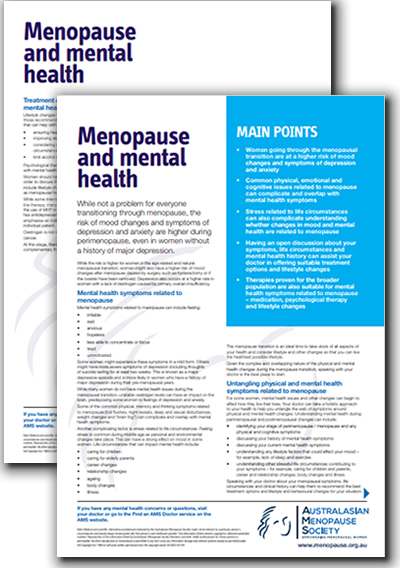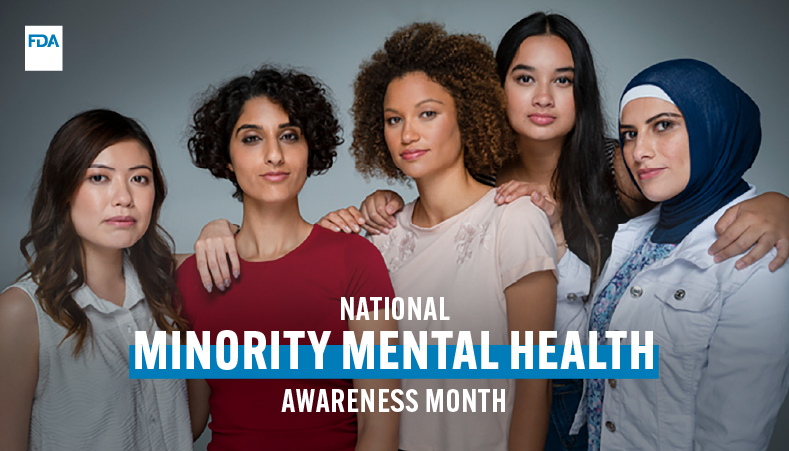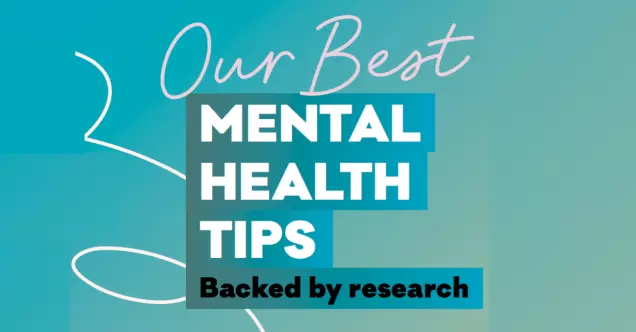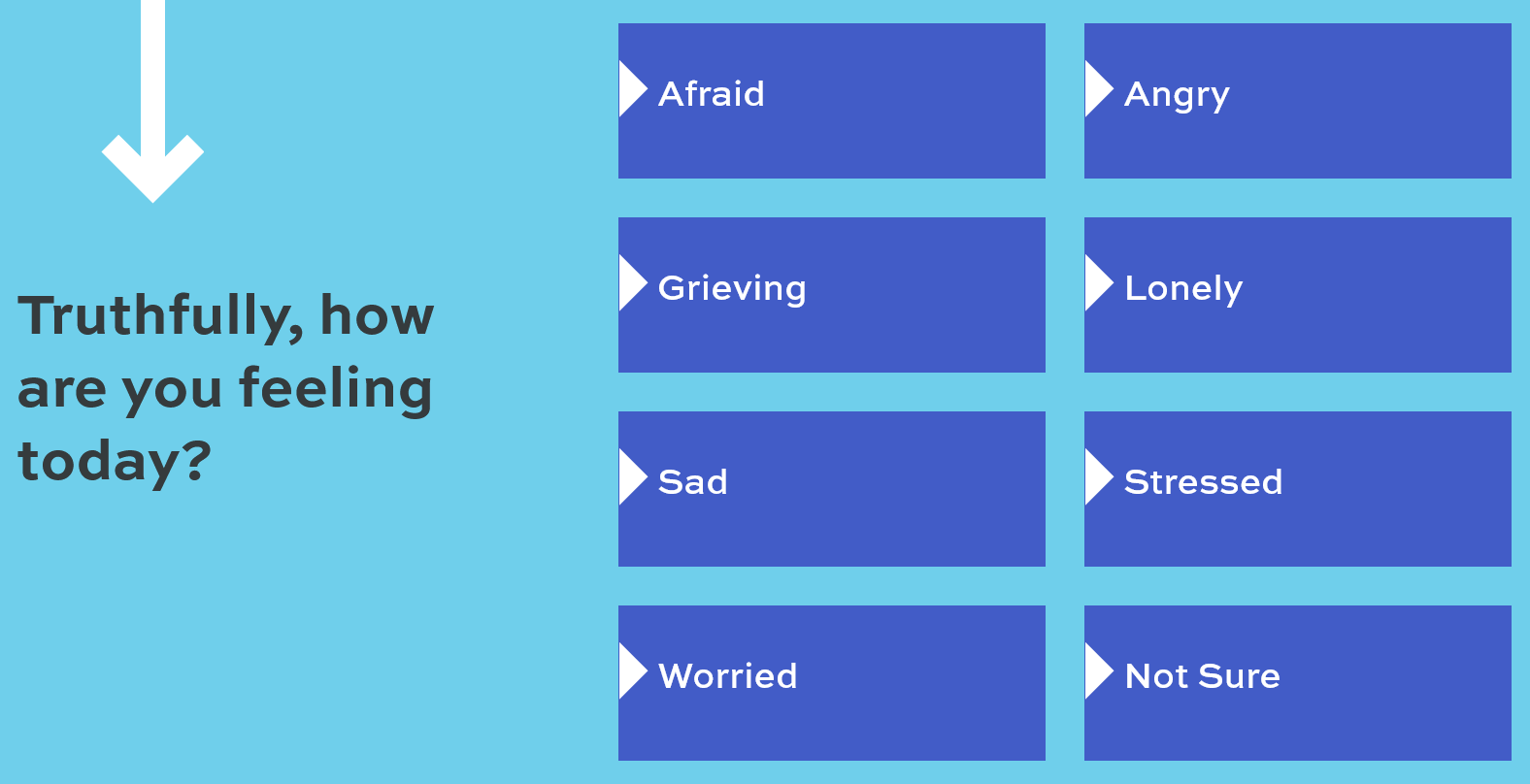“Examples of mental illness include depression,
anxiety disorders, schizophrenia,
eating disorders and addictive behaviors”.1
Umbrella
What may the Mental Illness Umbrella include?
Depending on the Source (DotS) this Umbrella may include:
- Mental Disorders
- Mental Health Conditions/Disorders/Problems
- Mental Ill Health
- Mental Illness/Illnesses
Definition
What is mental illness?
DotS the definition of mental illness may vary. The (United States) National Alliance on Mental Illness’ (NAMI) definition is:
In Mental Health Conditions the NAMI also explain:
Types
What are different types of mental illness?
DotS these may vary. The (United States) Mayo Clinic explain:
In Mental Health Conditions the NAMI include:
- “Anxiety Disorders
- Attention Deficit Hyperactivity Disorder [ADHD]
- Bipolar Disorder
- Borderline Personality Disorder
- Depression
- Dissociative Disorders
- Eating Disorders
- Obsessive-Compulsive Disorder
- Posttraumatic Stress Disorder
- Psychosis
- Schizoaffective Disorder
- Schizophrenia”.5
Women
Can mental illness affect women and men differently?
Yes. In Women and Mental Health: Why Is Women’s Mental Health Important? the (United States) National Institute of Mental Health (NIMH) elaborate on:
 “Mental disorders can affect women and men differently. Some disorders are more common in women, such as depression, anxiety, and eating disorders. There are also certain disorders that are unique to women. For example, some women experience symptoms of depression at times of hormone change, such as during or after pregnancy (perinatal depression), around the time of their period (premenstrual dysphoric disorder), and during menopause (perimenopause-related depression)”.6
“Mental disorders can affect women and men differently. Some disorders are more common in women, such as depression, anxiety, and eating disorders. There are also certain disorders that are unique to women. For example, some women experience symptoms of depression at times of hormone change, such as during or after pregnancy (perinatal depression), around the time of their period (premenstrual dysphoric disorder), and during menopause (perimenopause-related depression)”.6In Women and Mental Health: Overview the NIMH also note:
Signs and Symptoms
Can signs and symptoms of mental illness vary?
In Mental Illness: Symptoms & Causes – Symptoms the Mayo Clinic elaborate on:
Examples of signs and symptoms include:
- Feeling sad or down
- Confused thinking or reduced ability to concentrate
- Excessive fears or worries, or extreme feelings of guilt
- Extreme mood changes of highs and lows
- Withdrawal from friends and activities
- Significant tiredness, low energy or problems sleeping
- Detachment from reality (delusions), paranoia or hallucinations
- Inability to cope with daily problems or stress
- Trouble understanding and relating to situations and to people
- Problems with alcohol or drug abuse
- Major changes in eating habits
- Sex drive changes
- Excessive anger, hostility or violence
- Suicidal thinking
Sometimes symptoms of a mental health disorder appear as physical problems, such as stomach pain, back pain, headaches, or other unexplained aches and pains”.8
Cause
What may cause mental illness?
In Mental Health Conditions the NAMI explain:
Common or Not
How common is mental illness?
In the United States according to the NAMI in Individuals With Mental Illness:
In the United Kingdom according to the Mental Health Foundation (MHF) in About Mental Health Problems:
Treatment
How may mental illness treated?
The Mayo Clinic explain:
If you have a mild mental illness with well-controlled symptoms, treatment from your primary care provider may be sufficient. However, often a team approach is appropriate to make sure all your psychiatric, medical and social needs are met. This is especially important for severe mental illnesses, such as schizophrenia”.12
Health Care Provider
What if I think I have a mental illness?
If you think you have a mental illness, it may be in your best interest to choose to talk to your health care provider about this.
In Finding A Mental Health Professional the NIMH elaborate on:
- Step 1: Think About Whom You’re Looking For…
- Step 2: Gather Referrals…
- Step 3: Make the Call…
- Step 4: Ask Questions…
- Step 5: Build A Relationship…”.13
Health Topics A-Z
Where may I find Health Topics A-Z related to Mental Illness?
In Health Topics A-Z you may find:
Links
Where may I find Links related to Mental Illness?
Your Country may have Links similar to:
Links
This Links List to third party websites is neither comprehensive nor exhaustive. Inclusion on this Links List does not imply endorsement or recommendation. Non-inclusion on this Links List does not imply non-endorsement or non-recommendation. Third party websites are not under the control of Meno Martha International Menopause Directory. Third party websites may contain explicit medical images and/or sexual references. Please read Meno Martha International Menopause Directory’s Links Policy before proceeding to a Link. Please contact Webmaster if you experience a problem with a Link.New or Updated
- Anxiety vs. Depression: Which Do I Have (or Is It Both)? [04 January 2024]
- Consumer Health: Understanding Mental Health and Mental Illness
- Depression [+ Video Courtesy: Mayo Clinic News Network]
- Mayo Clinic Minute: Prescribing Nature for Mental, Physical Health [+ Video Courtesy: Mayo Clinic News Network]
- Mental Illness
- Resources for the LGBTQ+ Community and Allies [United States]
- 4 Benefits of Sleep Meditation and How To Do It
- Alcohol and Stress
- Anxiety
- Anxiety Self-Help Guide
- Anxiety vs. Depression: Which Do I Have (or Is It Both)?
- Beyondblue.org.au
- Common With Mental Illness
- Consumer Health: Understanding Mental Health and Mental Illness
- Coping With Stress
- Creating Healthy Routines
- Depression In Women: 5 Things You Should Know
- Diet and Mental Health
- Dr. Louise Newson Breaks Down The Menopause & Lisa Snowdon Shares Her Experience | This Morning
- Find Help: Finding Help Is the Key To Taking Charge and Moving Forward
- Find A Mental Health Professional
- Finding A Mental Health Professional
- Finding Help: Where To Get It and Where To Go
- Finding Mental Health Care That Fits Your Cultural Background
- Finding the Right Mental Health Care for You
- For People With Mental Health Problems
- Get Help [United Kingdom]
- Get Immediate Help [United States]
- Getting Help for Mental Health
- Headstogether.org.uk [Heads Together, United Kingdom]
- Headtohealth.gov.au: Head To Head [Australia]
- Health Topics: Mental Disorders and Related Disorders
- Help for Fears and Phobias
- Help for Mental Illnesses [United States]
- How Mindfulness Meditation Improves Mental Health
- How To Find A Therapist
- How To Get Mental Health Help [United States]
- How To Improve Mental Health
- How To Support Mental Health At Work
- If You or Someone You Know Is In Crisis and Needs Immediate Help
- Individuals With Mental Illnesses
- Later Years (Around 50 Years and Over): Menopause and Post Menopause Health – Menopause and Your Mental Wellbeing [+ Video: Menopause Only Affects You Physically!]
- Later Years (Around 50 Years and Over): Menopause and Post Menopause Health – Signs and Symptoms of Menopause [+ Video: Talking Menopause With Your GP]
- Lesbian, Gay, Bi, Trans, Intersex (LGBTI), and Bodily, Gender and Sexuality Diverse People
- List of CAM Treatments
- Living Mentally Healthy
- Looking After Your Mental Health
- Mastering Midlife Mood Changes With Marlene Freeman, MD
- Mayo Clinic Minute: Prescribing Nature for Mental, Physical Health [+ Video]
- Mayo Clinic Q and A: Countdown To Control Anxiety
- Menopause Preparedness Toolkit Video Series: Mindfulness & Wellbeing During the Menopause Transition
- Menopause and Mental Health
- Mental Disorders
- Mental Health
 Mental Health
Mental Health- Mental Health
- Mental Health
- Mental Health Conditions
- Mental Health Conditions
- Mental Health Medications
- Mental Health and Relationships
- Mental Health: Mental Health Self Help Guides
- Mental Health: What’s Normal, What’s Not
- Mental Illness
- Mental Illness: Symptoms & Causes
- Mentalhealth.gov [MentalHealth.gov United States]
- Mentalhealth.org.uk [Mental Health Foundation, United Kingdom]
- Mentalhealthatwork.org.uk [Mental Health At Work, United Kingdom]: Your First Stop for Better Mental Health At Work
- Mhanational.org [Mental Health America]
- Mhaustralia [Mental Health Australia]
- Mind.org.uk [Mind, United Kingdom]
- Mood and the Menopause
- Nami.org [National Alliance on Mental Illness, United States]
- National Center for Complementary and Integrative Health: Depression
- National Center for Complementary and Integrative Health: How Safe Is This Product or Practice?
- National Center for Complementary and Integrative Health: Mental Health
- National Institute of Mental Health [United States]
- National Minority Mental Health Awareness Month [July 2023]

- Our Best Mental Health Tips – Backed By Research
- Owning Your Feelings
- Physical Activity and Your Mental Health
 Prevention of Substance Use and Mental Disorders
Prevention of Substance Use and Mental Disorders- Probiotics May Help Boost Mood and Cognitive Function
- Recognizing Warning Signs and How To Cope
- Resources for the LGBTQ+ Community and Allies [United States]
- Recovery & Support
- Recovery and Recovery Support
- Resilience Training
- Rethink.org [Rethink Mental Illness, United Kingdom]
- Ruok.org.au [R U Ok? Australia]

- Samaritans.org
- Samhsa.gov [SAMHSA: Substance Abuse and Mental Health Services Administration]
- Sleep, Food, Exercise, Stress: Why Working on One of These Can Improve the Others
- Taking Care of Your Mental Health
- Ten Tools for Resiliency
- Top Tips To Improve Your Mental Wellbeing
- Tips To Help Manage Menopause Symptoms
- Types of Talking Therapies: Cognitive Behavioural Therapy (CBT)
- Types of Therapist: How To Find & Choose A Therapist – What Is the Difference Between A Psychologist, Psychiatrist & Counsellor?
- Videos and Podcasts: Videos – Interviews: The Menopause Blues
- Warning Signs and Symptoms
- Warning Signs of Mental Illness [+ Video]
- What Are Mental Health Problems?
- What Is Mental Health?
- What’s the Link Between the Menopause and Anxiety?
- Why Depression In Women Is So Misunderstood
- Women and Mental Health
- Workplace Mental Health and Wellness
Sources
Where may I find the Sources quoted?
You may find the Sources quoted:
Sources
- Mental Illness: Symptoms & Causes – Overview. 13 December 2022. Mayo Clinic https://www.mayoclinic.org/diseases-conditions/mental-illness/symptoms-causes/syc-20374968 Accessed: 18 September 2023
- Mental Health Conditions. National Alliance on Mental Illness https://www.nami.org/About-Mental-Illness/Mental-Health-Conditions Accessed: 18 September 2023
- Mental Health Conditions. National Alliance on Mental Illness https://www.nami.org/About-Mental-Illness/Mental-Health-Conditions Accessed: 18 September 2023
- Mental Illness: Symptoms & Causes – Overview. 13 December 2022. Mayo Clinic https://www.mayoclinic.org/diseases-conditions/mental-illness/symptoms-causes/syc-20374968 Accessed: 18 September 2023
- Mental Health Conditions. National Alliance on Mental Illness https://www.nami.org/About-Mental-Illness/Mental-Health-Conditions Accessed: 18 September 2023
- Women and Mental Health: Why Is Women’s Mental Health Important? Last Reviewed: May 2023. National Institute of Mental Health https://www.nimh.nih.gov/health/topics/women-and-mental-health/index.shtml Accessed: 18 September 2023
- Women and Mental Health: Why Is Women’s Mental Health Important? Last Reviewed: May 2023. National Institute of Mental Health https://www.nimh.nih.gov/health/topics/women-and-mental-health/index.shtml Accessed: 18 September 2023
- Mental Illness: Symptoms & Causes – Symptoms. 13 December 2022. Mayo Clinic https://www.mayoclinic.org/diseases-conditions/mental-illness/symptoms-causes/syc-20374968 Accessed: 18 September 2023
- Mental Health Conditions. National Alliance on Mental Illness https://www.nami.org/About-Mental-Illness/Mental-Health-Conditions Accessed: 18 September 2023
- Individuals With Mental Illness. National Alliance on Mental Illness https://www.nami.org/Your-Journey/Individuals-with-Mental-Illness Accessed: 18 September 2023
- About Mental Health Problems. Mental Health Foundation https://www.mentalhealth.org.uk/explore-mental-health/about-mental-health-problems Accessed: 18 September 2023
- Mental Illness: Diagnosis & Treatment – Treatment. 13 December 2022. Mayo Clinic https://www.mayoclinic.org/diseases-conditions/mental-illness/diagnosis-treatment/drc-20374974 Accessed: 18 September 2023
- Finding A Mental Health Professional. National Alliance on Mental Illness https://www.nami.org/Your-Journey/Individuals-with-Mental-Illness/Finding-a-Mental-Health-Professional Accessed: 18 September 2023




